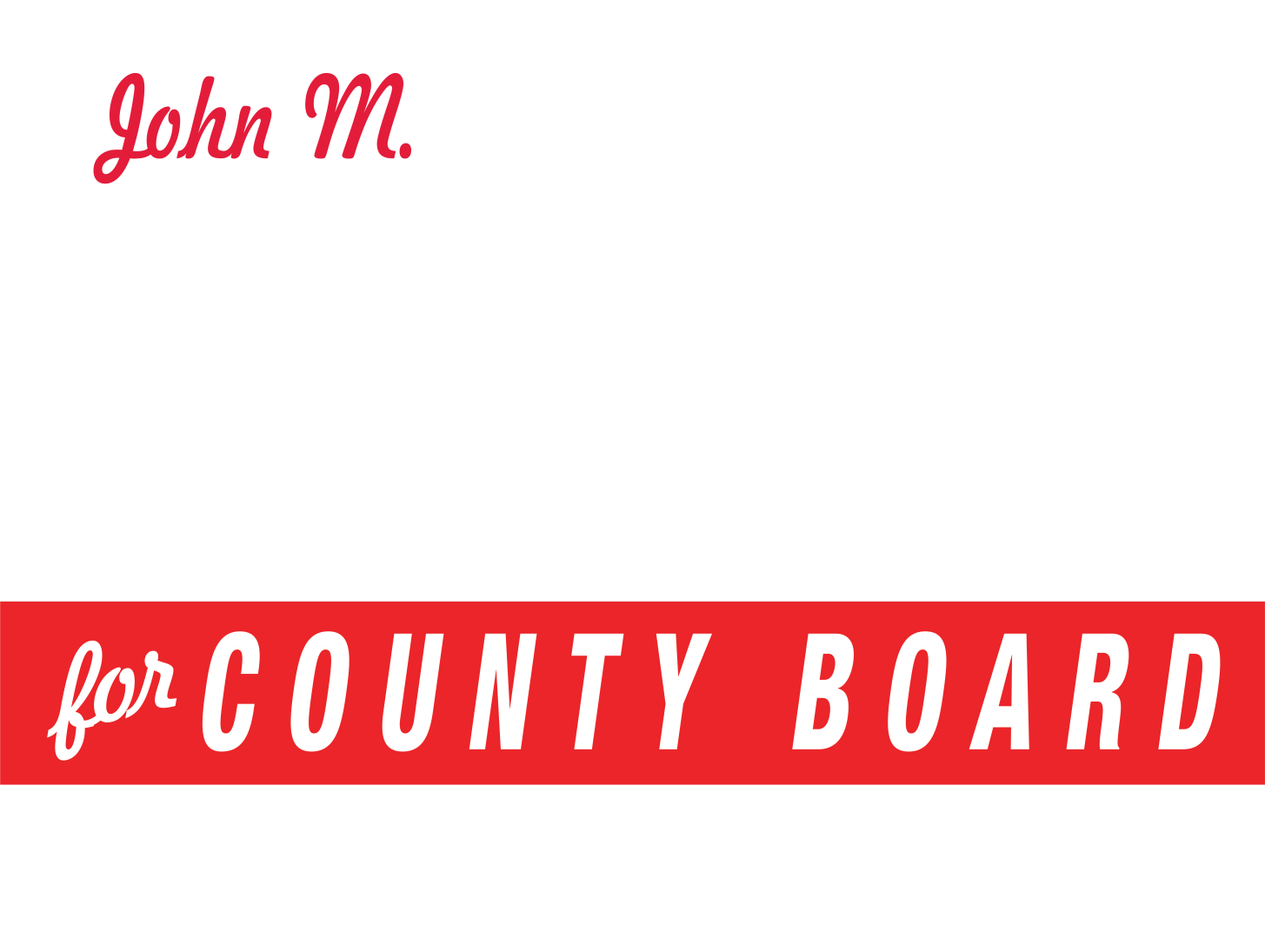I was 17 the first time I was racially profiled. Driving home from a church drama practice, a local law enforcement officer followed me into my neighborhood off of Perryville Road.
I didn’t see any lights. There wasn’t a siren. I didn’t even realize I was being pulled over until the spotlight hit my rear view mirror.
I was asked for my driver’s license and proof of insurance. Then the officer asked me to exit my car and turn with my feet spread apart and place my hands on the vehicle.
After I was searched, the officer asked me to walk to his vehicle, and place my hands on the hood of his squad car. He was searching my vehicle when a second officer, this one from the Cherry Valley Police Department, pulled up and approached me. I still remember his nasally voice asking me, “Is he gonna find drugs in your car?”
After it was over, I was told I had been clocked driving 20 miles over the speed limit and that the warning was on my passenger seat. I thanked the officer, got in my car, and drove the 200 yards to my house.
I looked over on my passenger seat, saw a carbon piece of paper, and took it in to my dad. I explained what happened. The piece of paper was a receipt for vehicle service. My dad searched every corner of my car. There wasn’t a warning.
That experience shook me. It didn’t matter what my grades were. It didn’t matter how hard I worked. It didn’t matter that I was a good athlete. It didn’t matter that I was a youth leader at my church.
That experience shaped me in ways I never realized. I reflexively lift my foot off the gas when I drive. I drive the speed limit, or lower when I’m by myself. I rarely wear baseball caps anymore, and hardly ever backwards. When I was pulled over driving to college I gave the officer my Princeton ID instead of my driver’s license and managed to avoid being searched.
When I was elected to the County Board, I fought to become chairman of the Public Safety Committee so I could be sure the county did a better job. I was assured that it would. And I went quietly about the business of trying to make small incremental changes to improve the system.
There have been good experiences with law enforcement. There were times I was written a ticket that I deserved without incident. But almost every one of those times I was at least wearing a collared shirt, most of them happened when I was in a full suit.
The only other time I wasn’t wearing at least a collared shirt, I was searched again. What did I say after the encounter? “Thank you.”
It never occurred to me to say anything other than “Thank you.” Don’t instigate. Don’t be a smart aleck. Get through it, and get home.
Since watching the brutal video of George Floyd, I’ve been fighting the urge to keep quiet. Don’t make waves. Don’t draw attention. It’ll all sort itself out. What happened to me wasn’t as bad as what happened to him, so I should just shut my mouth.
The truth is, nothing sorts itself out. Small transgressions add up and open the door for worse. Change requires action, and I will not be silent anymore.
We’re not doing nearly enough to reform our public safety system. We’re not doing nearly enough to ensure the mission to protect and serve is fulfilled in every interaction. We’re not doing nearly enough to hold those in power accountable, especially for the “little things.”
We do not need to “defund the police.” We need to make sure the money we spend on public safety protects every single one of us. I was glad to see my fellow Republican and former State Sen. Tim Bivins’ decade old bill to license law enforcement officers has resurfaced. Camden New Jersey’s Metro Policing effort, especially those efforts to evaluate and train officers should be explored and implemented.
To protesters, those who have walked and those who are there in spirit, I see you. I hear you. We need change. I am here to help.
To the law enforcement officers and government leaders who want to change things for the better, don’t give up. Make it better. Make it just. Make it right.
We can do better. We should do better. And together, we will.






